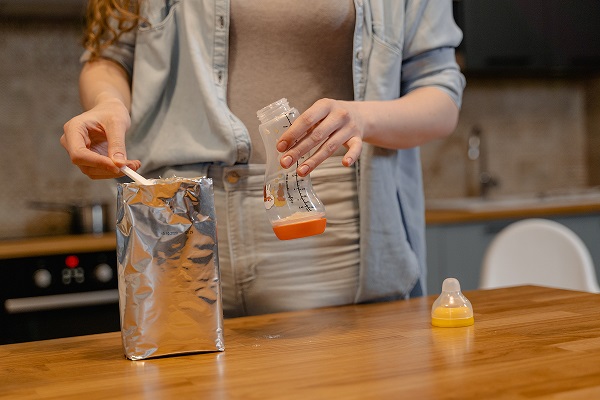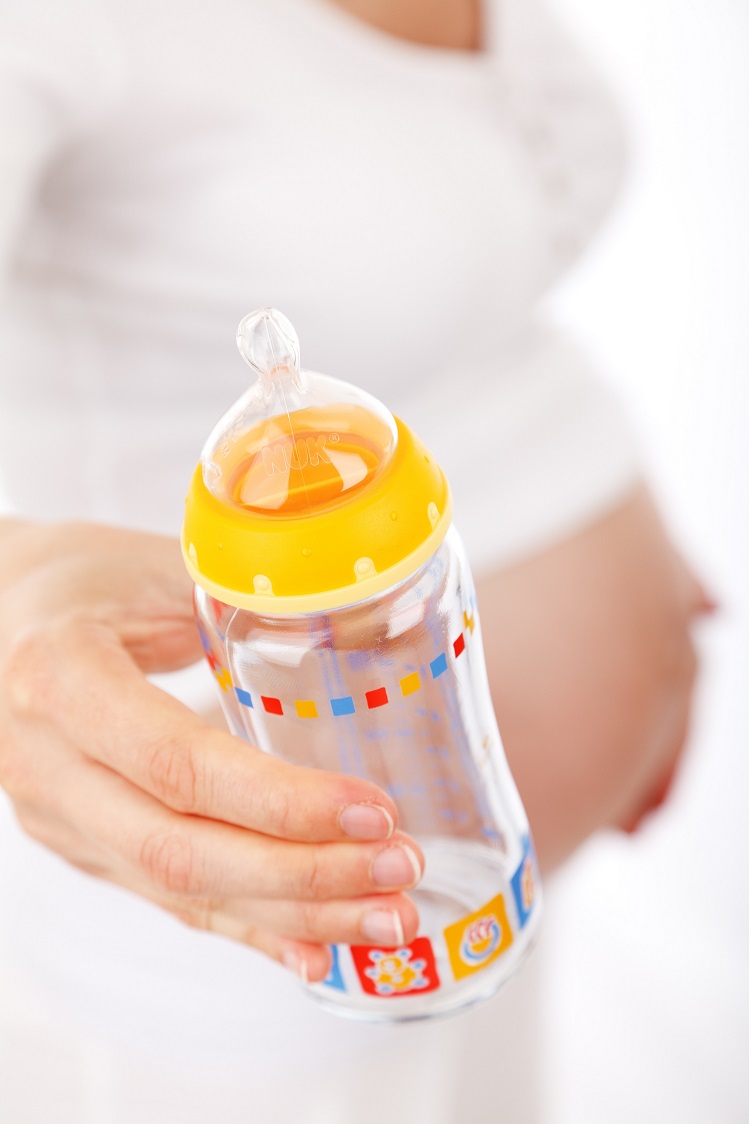Parents are having a hard time getting their infants the formula they need.
Baby formula is much harder to come by these days as a shortage is sweeping across the United States and the issue is only expected to get worse. In fact, the nationwide deficit between parents who rely on formula and their ability to get it from retailers as high as 31%, according to Datasembly. Some states on the higher end of this and some on the lower end. At the beginning of May, 20 states reported that their retailers were experiencing out-of-stock rates between 30% and 40%, with many states reported rates of higher than 40%.
“Formula shortages have grown worse each month so far in 2022,” Datasembly warned, “with out-of-stock rates starting at 23% in January and increasing from there.”
Founder and CEO of the company, Ben Reich, cited further that “Inflation, supply chain shortages, and product recalls” were primary factors to blame and these issues “have brought an unprecedented amount of volatility for baby formula. We expect to continue to see the baby formula category being dramatically affected by these conditions. Baby formula stock has been one of the more affected categories so far in 2022, and one that will continue to demonstrate higher than average out-of-stock levels.”

Attempting to fend off the shortage, large retail chains, including CVS, Kroger, Target, Walgreens, and Walmart, are already limiting the amount of formula that can be purchased by each of their patrons per the Food and Drug Administration (FDA)’s recommendation.
To add to the supply chain, packaging, and labor issues retailers have been experiencing, some products have also been recalled in recent months. In February and March 2022, Abbott Laboratories, one of the largest producers of formula, recalled multiple lots of powdered products being sold under well-known brand names such as Similac, Similac PM 60/40, Alimentum, and EleCare. The voluntary recall commenced after the FDA and the Centers for Disease Control and Prevention (CDC) received consumer complaints about infant illnesses. An investigation showed Abbott had “failed to maintain sanitary conditions and procedures at the (Sturgis) Michigan manufacturing plant” and this was linked to “a cluster of infant illnesses.” Four babies were hospitalized and two ultimately passed away.
Sarah Sorscher of the Center for Science in the Public Interest said at the time, “Abbott and the FDA really need to do more work to get to the bottom of what happened so we can prevent the next outbreak.”
In mid-April, Abbott announced its efforts to remedy the issue and get as much formula as possible into circulation, stating, “Across the U.S., we’re prioritizing production of infant formula products to help replenish the supply in the market. And, this year, we will more than double the amount of Similac Advance powder formula we’re bringing in from our manufacturing facility in Cootehill, Ireland.” The company added further, “Abbott is working closely with the (FDA) to restart operations at the Sturgis, Michigan, facility. We continue to make progress on corrective actions and will be implementing additional actions as we work toward addressing items related to the recent recall. In the meantime, we are working to increase the supply of infant formula by prioritizing infant formula production at our facilities that provide products to the U.S. market.”
Sources:
Baby Formula Shortage Getting Worse
Plant behind Abbott baby formula recall was unsanitary, FDA finds


Join the conversation!